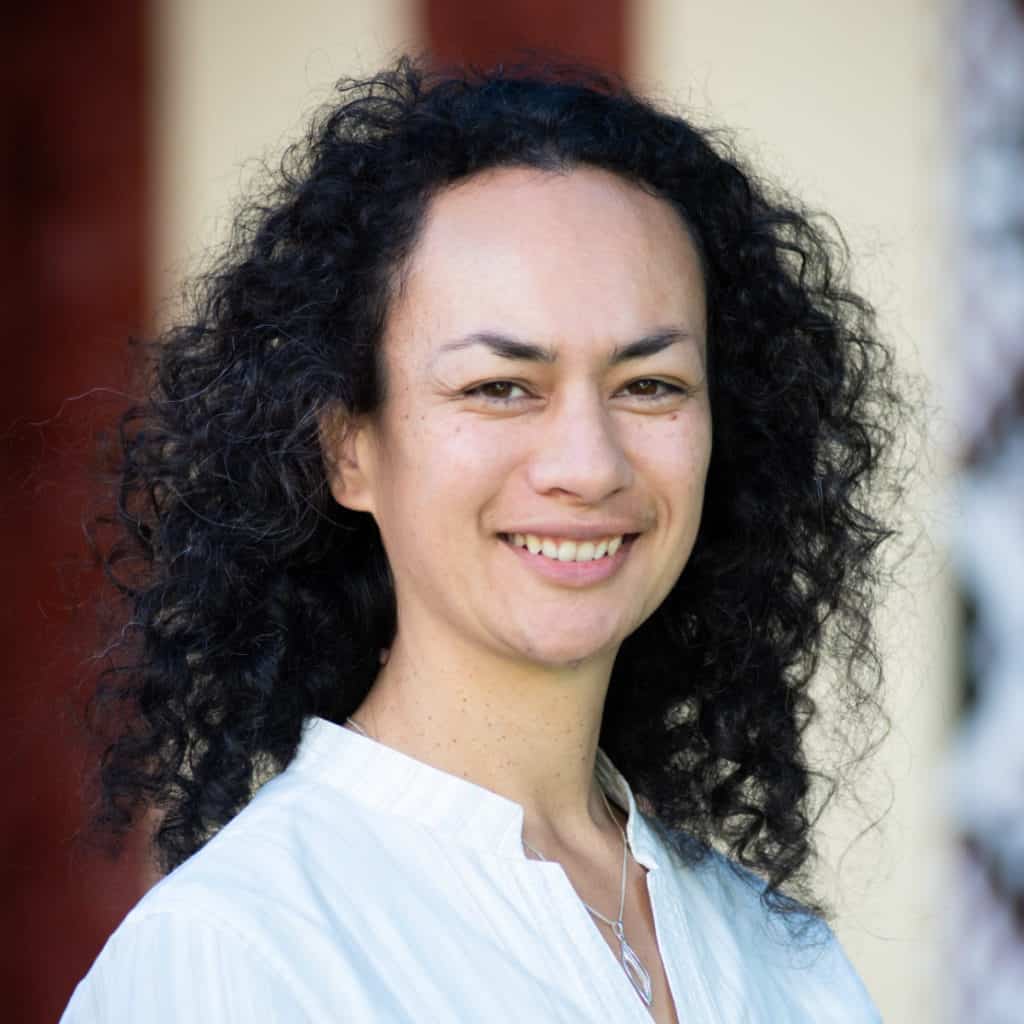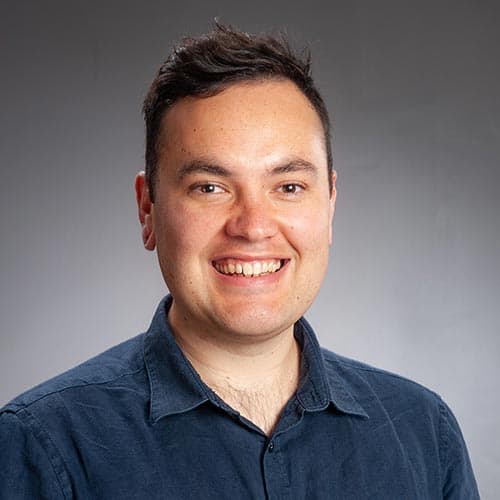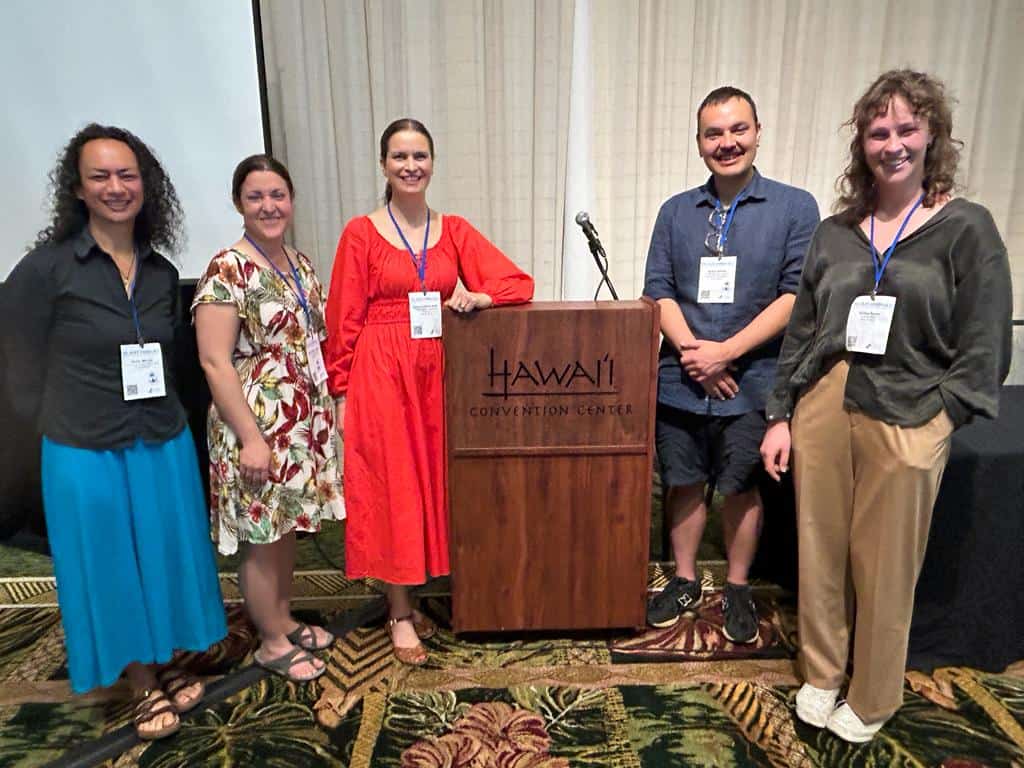For the 4S conference, a BioHeritage team assembled a panel titled “Ngā Koiora Tuku Iho: An experiment in transforming biodiversity and biosecurity research in Aotearoa New Zealand.” The panel was organised by Symon Palmer (Te Herenga Waka – Victoria University of Wellington), a co-lead of Ngā Pī Ka Rere and Novel Tools & Strategies – Invertebrates. He was supported by four others from the BioHeritage whānau, specifically Ocean Mercier, Aisling Rayne, Susanna Finlay-Smits, and Maria Blanca Ayala. Co-director Daniel Patrick supplied an opening address describing BioHeritage.
The session talks and panel discussion explored how BioHeritage has approached biosecurity and biodiversity research differently.

“The flexibility and trust offered by the Challenge enabled us to work responsively to the timelines of our communities, work to needs on the ground, and build capacities when and where they are needed, which we think delivered much more appropriate and effective research outcomes,” says Ocean Mercier.
The session talks were well received by attendees.
“The panel’s sole focus on BioHeritage was welcomed by audience members, who enjoyed hearing about the values, practices, and experiences of those within the Challenge in greater depth and detail than a single conference talk would be able to deliver,” says Susanna Finlay-Smits. “Judging by the questions we received after the panel, the attendees left with a rich understanding and appreciation of what BioHeritage has achieved.”
Maria Blanca Ayala was particularly impressed by the good reception of the work model led by Biological Heritage at the nexus between science and mātauranga Māori.
“I was in charge of presenting a planning and self-assessment tool designed to decolonise research practices in projects that may include scientific institutions, government agencies, and Indigenous communities,” says Maria. “Researchers and students from the US and Canada showed interest in our proposal, requested hard copies of the tool and expressed their intention to try it with their local teams. Inspiring people to find better ways to work across cultural diversity to achieve better biological and environmental outcomes has been incredibly rewarding. I felt very proud to represent Biological Heritage. This has all been made possible by Māori leadership within the Challenge and the Ngā Rākau Taketake research theme.”
It became obvious to Symon Palmer in his conversations with other attendees how unique BioHeritage projects are.
“There is a sense of fostering new collaborations and looking critically at the way we work with different knowledge systems,” says Symon. “It was special to be able to share these highlights with an international audience, and I hope work like BioHeritage can continue to contribute to those spaces.”

It was rewarding for the team to make connections with other researchers through their panel sessions and by attending other talks and sessions. A significant cohort of New Zealanders attended and presented, including Dr Sara Belcher and Alan King Hunt, who are previous collaborators and graduates of the BioHeritage ‘Invertebrates’ team.
There were also connections that grew out of learning more about the approaches other nations and Indigenous peoples are applying in their own contexts.
“The Native Hawai’ian keynotes, on the conference theme of ‘Sky, Sea and Land’, highlighted the huge environmental and social impacts and challenges they’re working through. This reinforced the connections between us.”
Ocean Mercier
But perhaps the greatest value of attending this conference lay in making space for connection and shared learning among researchers from across the Challenge.
“It was wonderful to engage with the international community and yet, in some ways, the most valuable part was getting to know and work with our BioHeritage team,” says Aisling Rayne. “It’s surprisingly rare to connect across different programs, so the opportunity to share in collective reflection and sense-making felt both rewarding and critically needed as we move toward an uncertain future.”
Jenny Leonard
